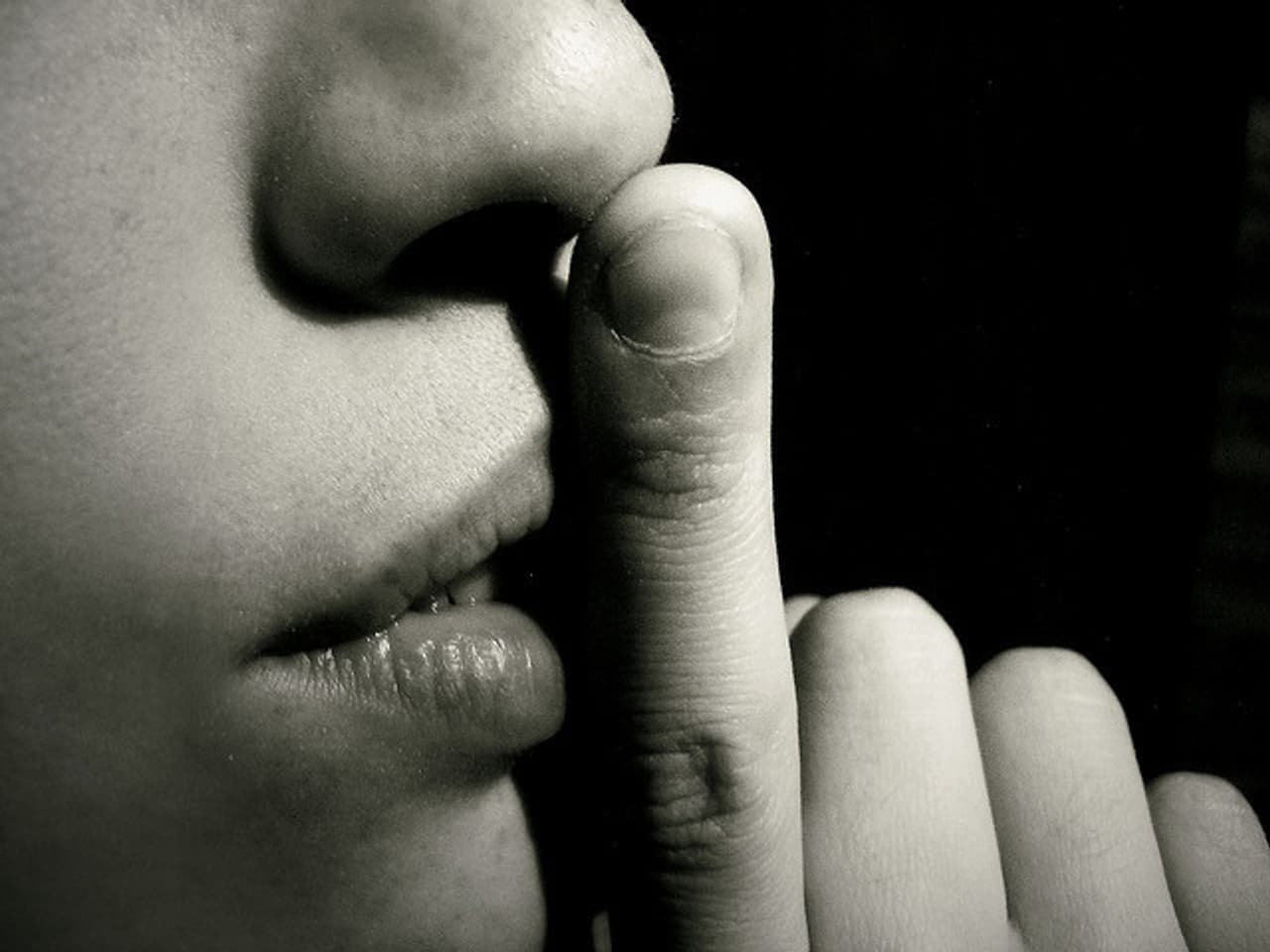
British libel laws help rich villains escape the scrutiny of the press
Laws used to silence the press
These days British journalism is often portrayed in a damning light: an industry where malicious hacks besmirch the reputation of whoever wanders into their crosshairs. But a new book on British libel laws reveals another side to the story, showing a system exploited by the wealthy and powerful to censor the truth.
Extracts from Nick Cohen’s book You Can’t Read This Book: Censorship in an Age of Freedom, published in the Observer, reveal the stranglehold of libel laws on press freedom.
The law
Cohen explores British libel laws and their archaic origins. Libel law differs from natural justice and common law in that the burden of proof is on the defendant, rather than the accuser.
He says: ‘[I]t works on the assumption that a gentleman’s word is his bond and that anyone who impugns his honour must prove his case.’
The notion that journalists cannot just write what they like about others is, in essence, entirely fair. It is reasonable to expect publishers to give concrete evidence to support their claims when necessary.
But what Cohen terms an ‘archaic quirk’ in the law means a claimant does not need to prove that an allegedly libellous comment has harmed his or her reputation: it is enough that the comment simply exists.
In the eyes of the law, defamation is an action, rather than a consequence. In this sense, libel is comparable only to trespassing: whether property has been damaged or not, the crime has been committed simply by being on the land.
Another complicating factor of libel law is the Duke of Brunswick’s Rule of 1849, which establishes the principle that every new publication of a defamatory statement is a new offence. This was shocking enough in the 19th century, but in the modern world of blogs, Twitter and other social media, where copy is regularly re-used in different formats, anyone on the web could be sued for something written years before.
Cohen unpicks the chilling effects of Britain’s libel laws through a series of real-life examples. Using figures such as Robert Maxwell and Khalid Bin Mahfouz to illustrate his case, Cohen explores how those with enough money can silence criticism from the press through the mere threat of libel.
Robert Maxwell
Maxwell wielded libel writs as a matter of course, and in doing so he made editors wary of running stories about him.
Cohen quotes Maxwell’s unofficial biographer Tom Bower: ‘His purpose was to make it impossible for any editor of a newspaper or book to consider writing about him critically without considering the enormous cost both financially and in time wasted that would entail. He would come down on them with the force of a bulldozer.’
After Maxwell’s death, it was revealed he had used the Mirror Group’s pension funds to shore up the share price of his ailing businesses – and therefore many of the journalists he had silenced with writs over the years had been right all along. And the courts retrospectively cared not a jot for this fact.
Money silences
The key to the power of libel suits is the huge cost involved: the losing party has to pay the court costs. This can be crippling, amounting to 10 times any damages that are awarded. The cost of libel actions in England and Wales is 140 times higher than the European average.
And it is not only newspapers or publishers in the firing line: individual journalists can also be sued for libel. This means that by writing about Maxwell, a journalist would have been putting their personal finances on the line.
This, Cohen argues, has led to a system where the merest whiff of libel is enough to have editors hastily spiking articles, settling out of court or withdrawing offending material rather than be financially crippled in the fight to publish. This has led to ‘books that were never written, and the investigations that were never begun, because of the overweening power of money.’
Global reach
Even outside the UK, there is no escape from the rigid British system. Anything published or sold in Britain can fall under the UK’s libel laws, meaning that a single viewing of a web page within Britain amounts to publication of the libel here.
Even in the US, where the press regularly hold up the First Amendment’s Freedom of Speech as a bastion of their industry, the threat of the British libel laws holds sway.
Cohen recounts his shame at hearing the legal director of Human Rights Watch in New York describe how ‘she spent more time worrying about legal action from England than from any other democratic country when she signed off reports on torture, political persecution and tyranny.’
At a time of the Leveson inquiry and increased scrutiny of journalistic tactics, Cohen’s book is a timely reminder that the British press is not simply the rampaging, lie-mongering industry it can sometimes appear. Instead, he reveals how the press works within a litigious and restrictive system, where those with money and power can censor the most important, newsworthy stories of the day – a system described by United Nations as having ‘served to discourage critical media reporting on matters of serious public interest, adversely affecting the ability of scholars and journalists to publish their work’.
Unsurprisingly, given his subject matter, Cohen focuses on examples from people now deceased, and who therefore cannot be defamed.
It is interesting, then, to consider just how much is going unsaid today, and who is pulling the legal strings that are silencing the press.
Read an extract from You Can’t Read This Book: Censorship in an Age of Freedom here.




